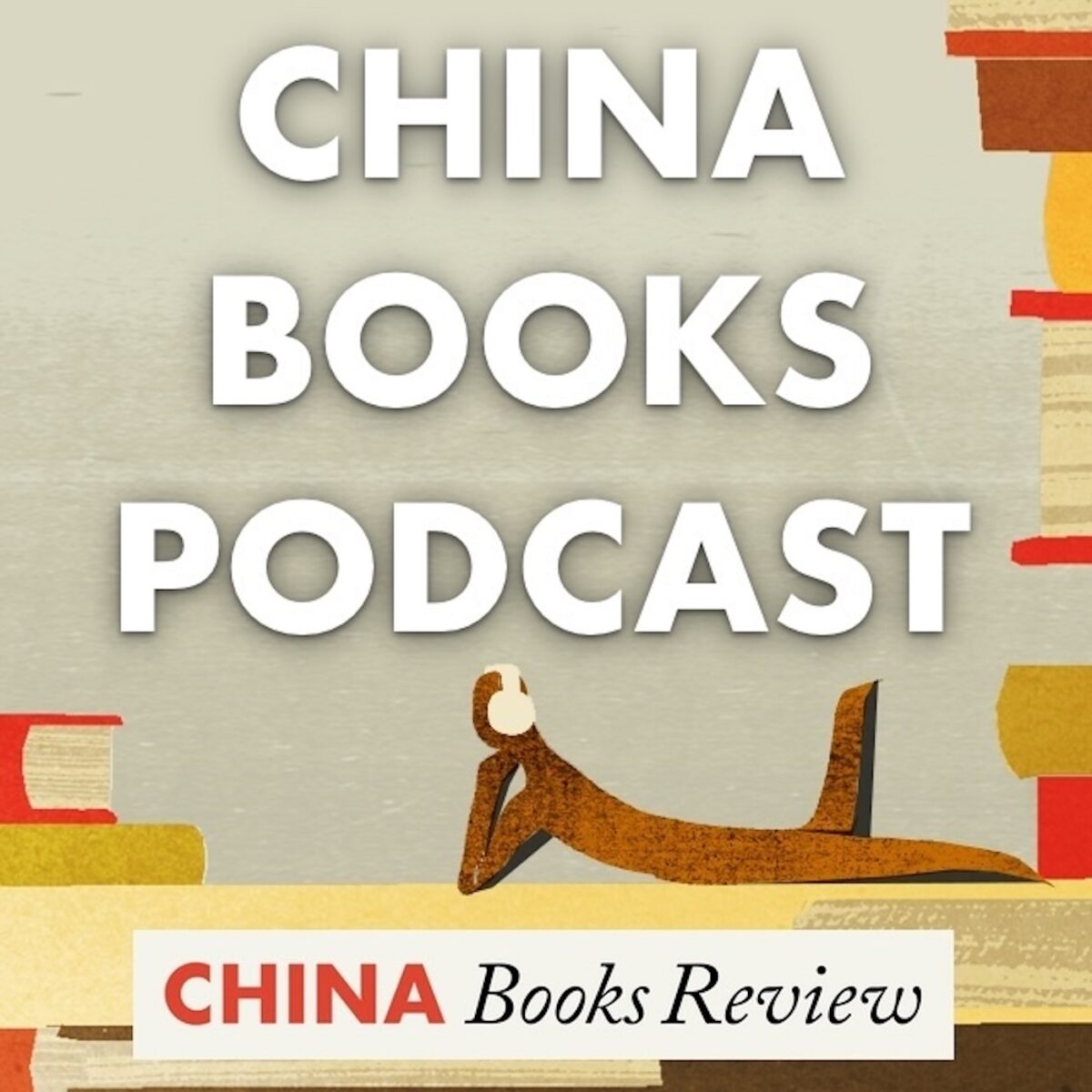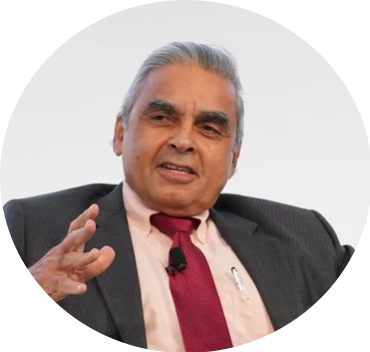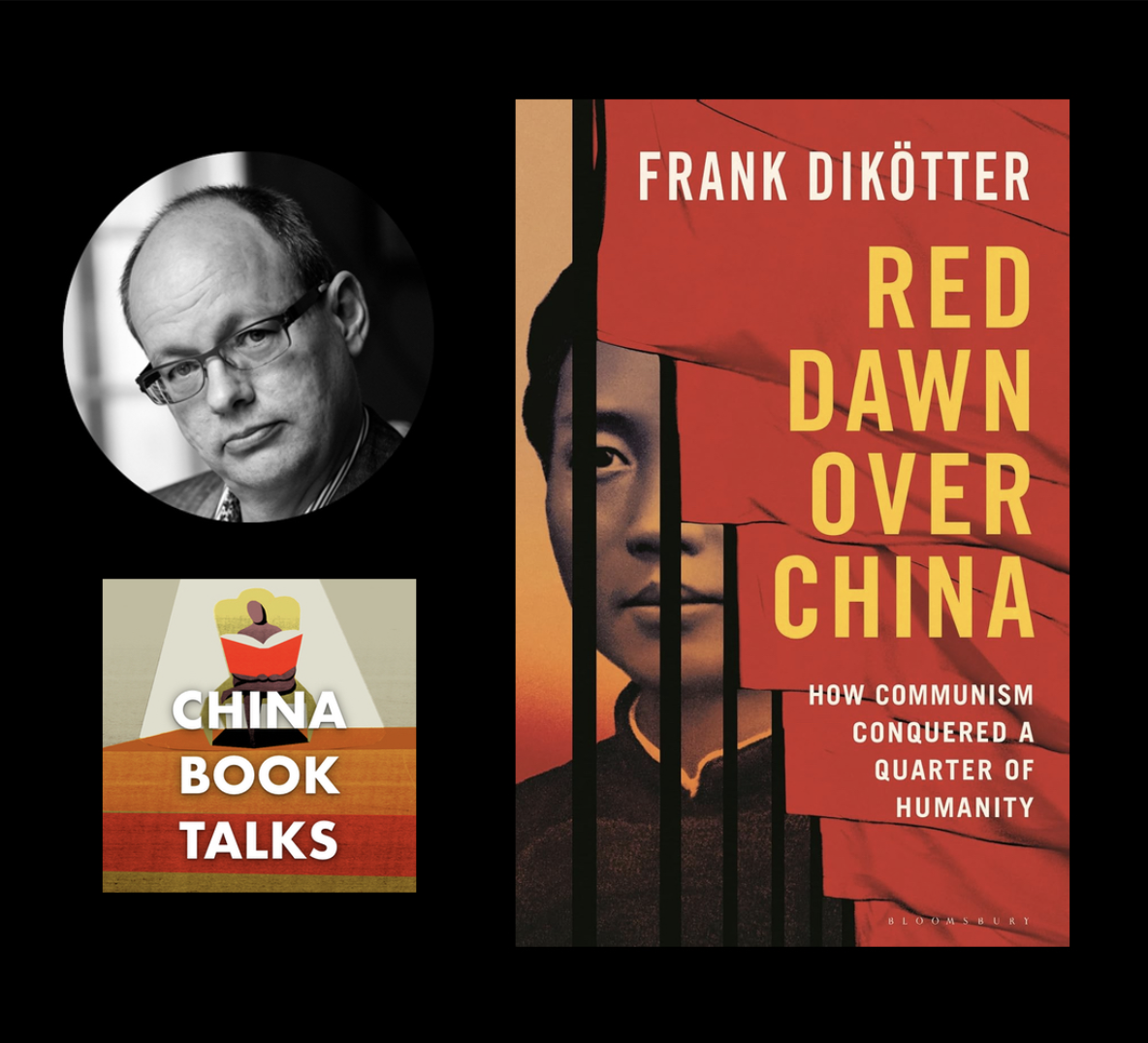Sign up for our newsletter to be notified of new posts!

This is an episode of the China Books Podcast, from China Books Review. Follow us to listen to the pod on your favorite platform, including Apple Podcasts and Spotify, where a new episode lands on the first Tuesday of every month. Or listen to this episode right here, where we also post the transcript.
In this episode, we’re pleased to have had the opportunity to talk to Kishore Mahbubani, a Singaporean former diplomat who was Singapore’s representative to the UN in the 1980s and 1990s, and later Dean at the Lee Kuan Yew School of Public Policy at National University of Singapore. Mahbubani is the author of ten books on Asia and the world, including Has China Won? (2020) and, most recently Living the Asian Century (2024), a memoir of his upbringing in Singapore, his public service and academic career, and his views on our world and its future.
Though the book has a broad scope, we focused more generally on China in this conversation, given our remit. Mahbubani talked about the legacy of colonialism in Asia; how Singapore became a success story; China’s model of non-interference in the region; its peaceful intentions overseas and at home; and anti-China bias in the West — though we pushed back on all points in a lively discussion. We hope you enjoy:
Video
Guest

Kishore Mahbubani is a former diplomat who was Singapore’s representative to the UN for two stints in the 1980s and 1990s, including President of the UN Security Council. He was later Dean at the Lee Kuan Yew School of Public Policy at National University of Singapore. Mahbubani is the author of ten books on Asia and the world, including Has China Won? (2020) and The Asian 21st Century (2022). His new book is Living the Asian Century (2024), a memoir.
It’s important to emphasize that we are seeing phenomenal changes in our time, and we have to psychologically get ready for the Asian century.
Kishore Mahbubani
A video of this interview was also published at Asia Society.


